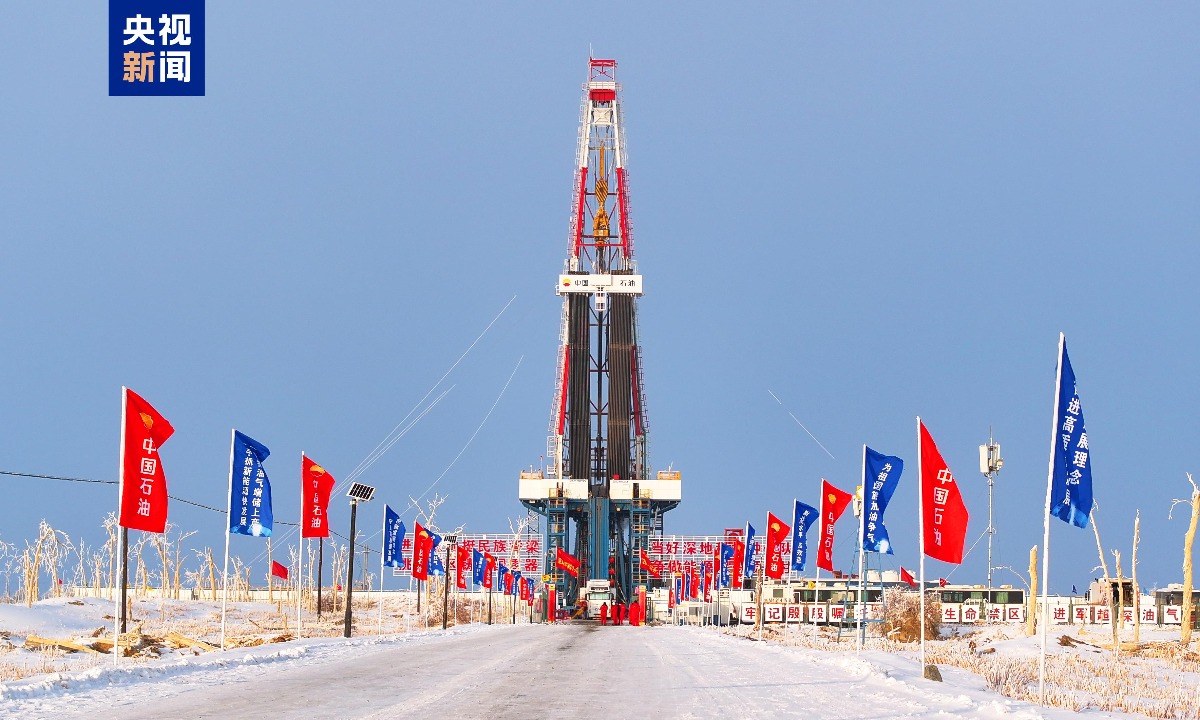The deepest well in Asia drilled in Xinjiang
China announces that drilling reached a depth of 10,910 metres in the Tarim Basin, opening a new frontier for hydrocarbons and deep Earth research. The project epitomises the impressive growth of China’s oil industry in the traditional Uyghur homeland undergoing forced sinicisation.
Beijing (AsiaNews/Agencies) – The China National Petroleum Corporation (CNPC) yesterday announced that it has completed the drilling of the deepest vertical well in Asia.
Located in the Tarim Basin, a desert area in Xinjiang province, it reached a depth of 10,910 metres, becoming the second deepest in the world on land, after the Kola Superdeep Borehole made by the Soviet Union on the border with Norway, which reached 12,226 metres, far from its target of 15,000 metres.
Located in the heart of the Taklimakan Desert, the well is known as "Shenditake 1". Notwithstanding the quest for oil and gas resources, the well is a scientific exploration project designed to advance the study of the Earth's evolution and deep-Earth geology.
After work began on 30 May 2023, it took more than 580 days to reach 10,910 metres, with more than half of the time (about 300 days) spent on the last 910 metres.
The well went through 12 geological formations, reaching layers of rock that date back more than 500 million years.
Chinese scientists are also working on the first complete deep stratigraphic profile of the country through the systematic analysis of core samples at the level of 10,000 metres below ground level.
"This marks the first discovery of oil and gas beneath 10,000 metres on land globally, significantly expanding the scope of ultra-deep oil and gas exploration," said Wang Chunsheng, chief expert of the Tarim Oilfield of China National Petroleum Co.
More than 300 wells deeper than 8,000 metres have already been drilled in the Tarim Basin, indicating the importance of this oil field in advancing technologies for ultra-deep oil and gas exploration.
It is also important to underline that all this is taking place in Xinjiang province, the homeland of Muslim Uygurs, who are the victims of Chinese repression.
China’s oil industry, which is developing extensively in the area, is in fact one of the most powerful tools of the region's sinicisation.
State-owned mining companies have in fact been accused of using forced Uyghur labour, disguised behind slogans about “poverty alleviation”.
24/10/2019 17:56
07/10/2021 17:59







.png)










